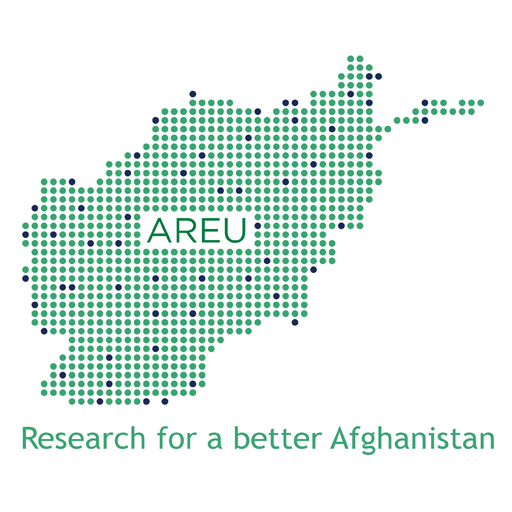
20 Jul Women’s Participation in Parliamentary and Provincial Elections
As the perspectives below suggest, the road to female political participation in Afghanistan is paved with tantalising possibilities and daunting obstacles. A new AREU research project will chart women’s participation in the country’s last two electoral cycles, exploring the challenges and opportunities they have faced, and the ways forward their experiences suggest.
Democracy means freedom in the way people live, and freedom of speech. In democracy we should consider the rights of women, children and citizens in general. In my opinion democracy means freedom in all areas of life.
—Female teacher, rural Nimroz
In our village women are always like servants. The men do not allow us to go to male doctors because they are not our relatives. Women and girls are treated like animals—they are bought and sold at a fixed price. Is this democracy?
—Housewife, rural Ghazni.
Women are only wives, mothers, sisters and daughters, they have these four faces in Afghanistan. When you are a daughter there are rules set for you and threats from your family. When you become a wife there are rules set for you by your in-laws. When you are a mother there are rules set for you by your sons. When I saw these things I wanted to do something about it.
—Female MP from Panjshir, explaining her decision to run for election
There are 68 women in parliament but they are not united, they all have different ideas. If we came together as one group we would be able to affect the decisions that are made, but now we can’t do this.
—Female MP from Kandahar
Since 2001, strenuous efforts have been made to open up Afghanistan’s political sphere to female participation. The 2004 constitution enshrined the principle of universal suffrage, and guaranteed female presence in provincial and national representative bodies via defined quotas. The Afghan government has subscribed to international treaties on women’s rights, and has committed to a long-term strategy for achieving equal integration for women in the form of the National Action Plan for the Women of Afghanistan. Accompanying these measures, a wide array of local and internationally–supported initiatives have attempted to boost women’s participation in political processes and expand their capacity as agents of change.
These efforts have resulted in some tangible progress. In many parts of the country, women’s presence—either at the ballot box or in representative bodies—is no longer the bone of contention it once was. Afghanistan’s Independent Election Commission (IEC) reports a significant increase in the number of female candidates between the 2004-05 and 2009-10 electoral cycles. However, as a recent IEC report suggests, the road to political participation remains beset with obstacles for many women. In many cases, female voters are forced to act as proxies or simply forbidden from voting by male relatives. Especially in more conservative areas, evidence suggests that fraudulent practices are leading to the widescale disenfranchisement of female voters in particular. Rising insecurity has had a disproportionately negative impact on the ability of female voters and electoral workers to reach polling stations on election day. Within representative bodies, women are often marginalized, and their ability to rally round gender interests remains constrained by a host of competing factors.
In recognition of these ongoing challenges, AREU is launching a new research project to explore women’s participation in Afghanistan’s parliamentary and provincial council elections over the past decade. Supported by UN Women, it aims to provide a benchmark on the experiences, challenges, achievements and lessons learned from female engagement with Afghanistan’s electoral processes. Research will document the experiences of candidates, voters and election officials across Kabul, Balkh and Bamiyan Provinces. By focusing on existing obstacles and incentives to participation, perceptions on women’s electoral participation, and the effectiveness of existing policies and institutions in supporting female candidates, the study ultimately hopes to form a basis for informing future policies and programmes to develop and strengthen women’s participation in decision-making in Afghanistan.

